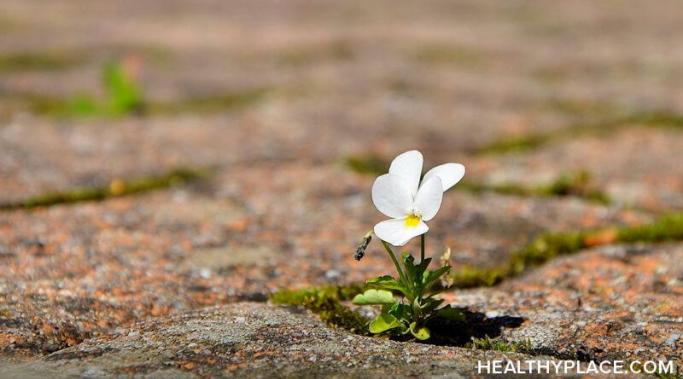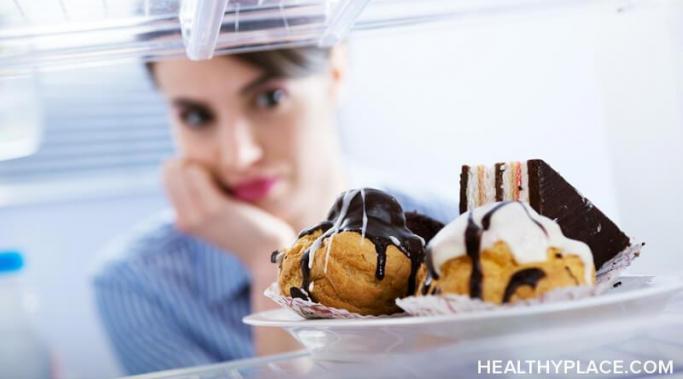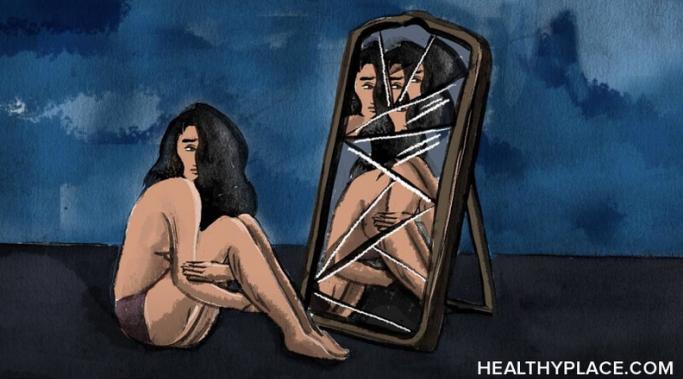Blogs
Can I share a fundamental, irrevocable truth that you just might need to hear? Your personal identity is more than an eating disorder. Even if you cannot imagine a life without this illness right now, I want you to know that recovery is attainable, and you are capable of existing in a world that does not revolve around your eating disorder. How can I voice this with absolute confidence? The answer is simple—in these past few years, I have been on a crusade to unearth and reclaim my own identity outside the diagnosis of anorexia nervosa; so if I can do this, I guarantee you have the same potential, too.
When you live in the present and focus on the now, your self-esteem will grow. Poor self-esteem is often accompanied by worrying about the future or getting stuck in regrets of the past. I want to share how I learned to practice this skill. Living in the present can be challenging at first, but you will find it worth the effort as your self-esteem grows.
I joined HealthyPlace a year ago as a way to better understand my posttraumatic stress disorder (PTSD) diagnosis. Writing about the impact PTSD has had on my life has been therapeutic, and I've learned a lot about myself in the process. I've also found great comfort in the online mental health community HealthyPlace has provided. However, it is time for me to move onto new adventures and say goodbye to HealthyPlace.
Having community support when living with dissociative identity disorder (DID) is an important part of dealing with the disorder. Dissociative identity disorder can feel like a burden in more ways than one. In addition to dealing with the multiple conversations happening in your mind, you need to maintain your “outer shell,” or the parts that other people interact with the most. What do you do when the people around you are unaware of your condition?
Trying to stop binge eating at night isn't solely a matter of willpower -- especially when you've suffered or are suffering from an eating disorder. I know firsthand how distressing this behavior can be for those of us who are struggling to take control back from this food-centric disease, but the tips I am about to share can help.
When I first read online that once I started really digging in to my recovery, things would get worse before they got better, I thought I understood. I thought it meant that acknowledging my pain would cause me more pain at first, but then it would heal and I would be "better." I knew that was a naive way of looking at things, but I still believed that would generally be the process. Boy, was I wrong.
In recent years, I have become very interested in learning more about how what I eat affects my mood and mental health. More specifically, I have found it helpful to learn about how diet can affect anxiety.
Self-injury, poor body image, and eating disorders often travel together. After all, a poor body image is something many self-harmers often share in common, and that poor body image can turn into an eating disorder. Developing a healthy relationship with our bodies is a crucial step towards recovery.
Mental health stigma not only changes how we perceive people, but it also changes the perception of learned behavior. When we take a deeper dive into behaviors that are written off with the excuse of the person doing them being "unstable" or with even harsher language, such as "psycho," it becomes clearer how mental health stigma can mask learned poor behaviors.
Some with bipolar disorder appear high-functioning online. I'm one of them, according to some of those who follow me. But high-functioning bipolar online is not the same thing as high-functioning bipolar in life. Read on to learn about what high-functioning bipolar disorder really is and how it looks online and in-person.









